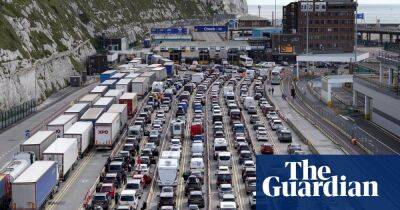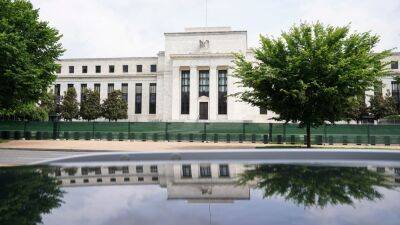Is it back to the 1970s for the UK economy? Yes, but not in the way you think
Britain is suffering a catastrophic economic shock that resembles the one that knocked the economy sideways in the 1970s, but strike action by workers offered below-inflation pay rises ranks low on the list of similarities.
The UK is being affected by inflationary pressures and steadily rising wage demands, but both remain modest by comparison with the 1970s. Much more important are the circumstances of 21st-century life, which are very different from those that prevailed almost five decades ago.
For one thing, the 1970s was a decade of widespread trade union membership and relatively high benefits for workers made unemployed. Millions of pensioners, on the other hand, huddled for warmth around a two-bar electric fire, forced to scratch a living on Europe’s lowest state pension.
It was a time of mass production, mass consumption and the public ownership of utility companies and major employers in sectors including telecoms, rail, coal, steel and automotive. People worked by the hundreds of thousands in the same industry, for the same employer. From cars to insurance, there wasn’t the variety you see today.
People of all ages and income levels consumed many of the same things, from sausages, mash and baked beans to cathode-ray tube TVs. Today’s economy is dominated by niche production and niche consumption, where what you buy defines you much more than what you do to earn a crust.
These days workers are largely unprotected from loss of income, so those lacking transferable skills have to bow down before their employer. Strikes are sporadic and confined to relatively small groups.
This makes almost everything about inflation different. Pensioners carry political weight, hence the 10%-plus rise in the state pension next year.
Read more on theguardian.com

![Cardano [ADA] whales are back fishing after a strong retest – Here’s what’s next - ambcrypto.com - city Santiment - city Santimentaddress](https://finance-news.co/storage/thumbs_400/img/2022/7/10/32841_pz5e.jpg)















![Ryder Ripps - This is how Bored Apes Yacht Club [BAYC] is back from the burrows - ambcrypto.com](https://finance-news.co/storage/thumbs_400/img/2022/7/6/32492_rv8.jpg)

